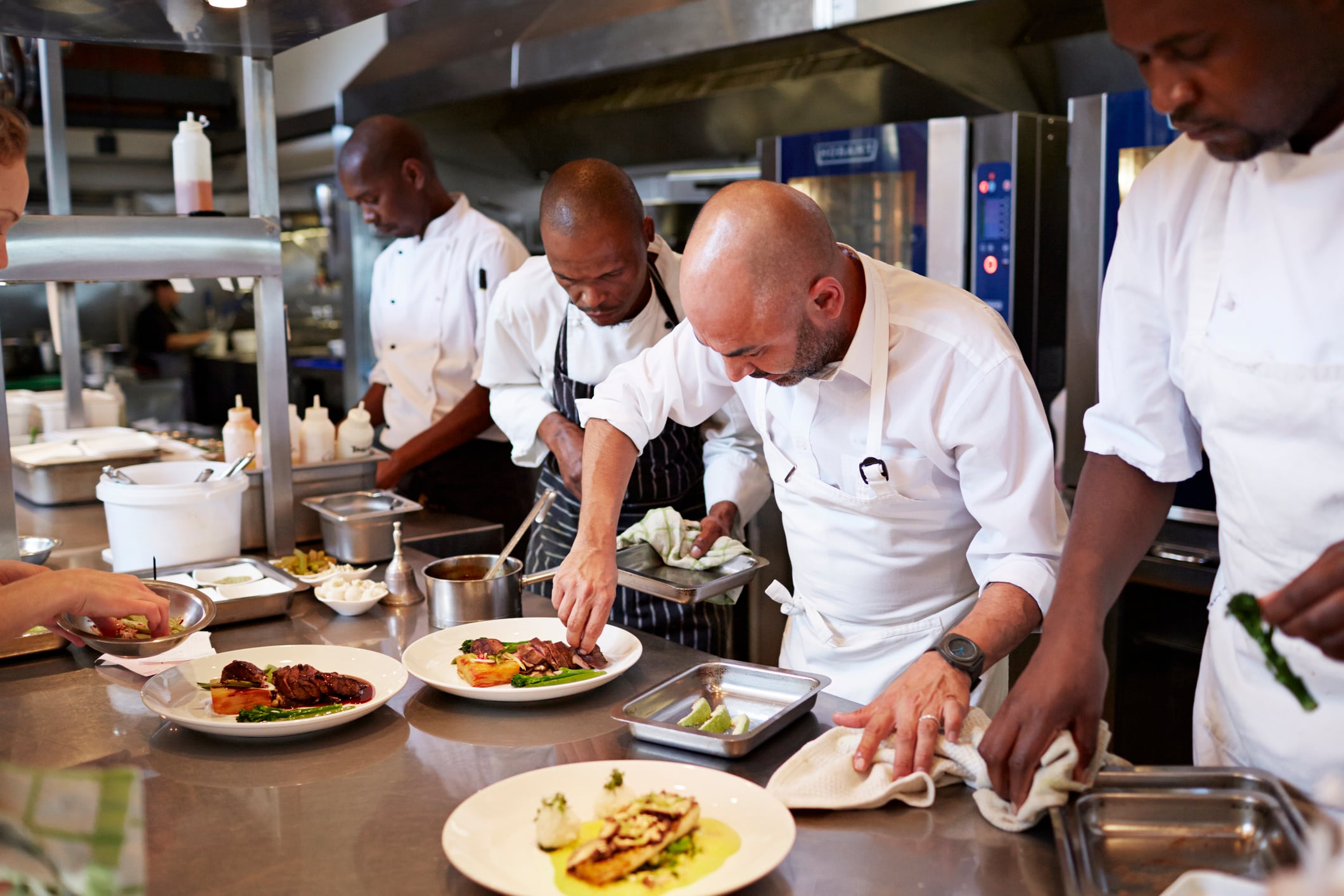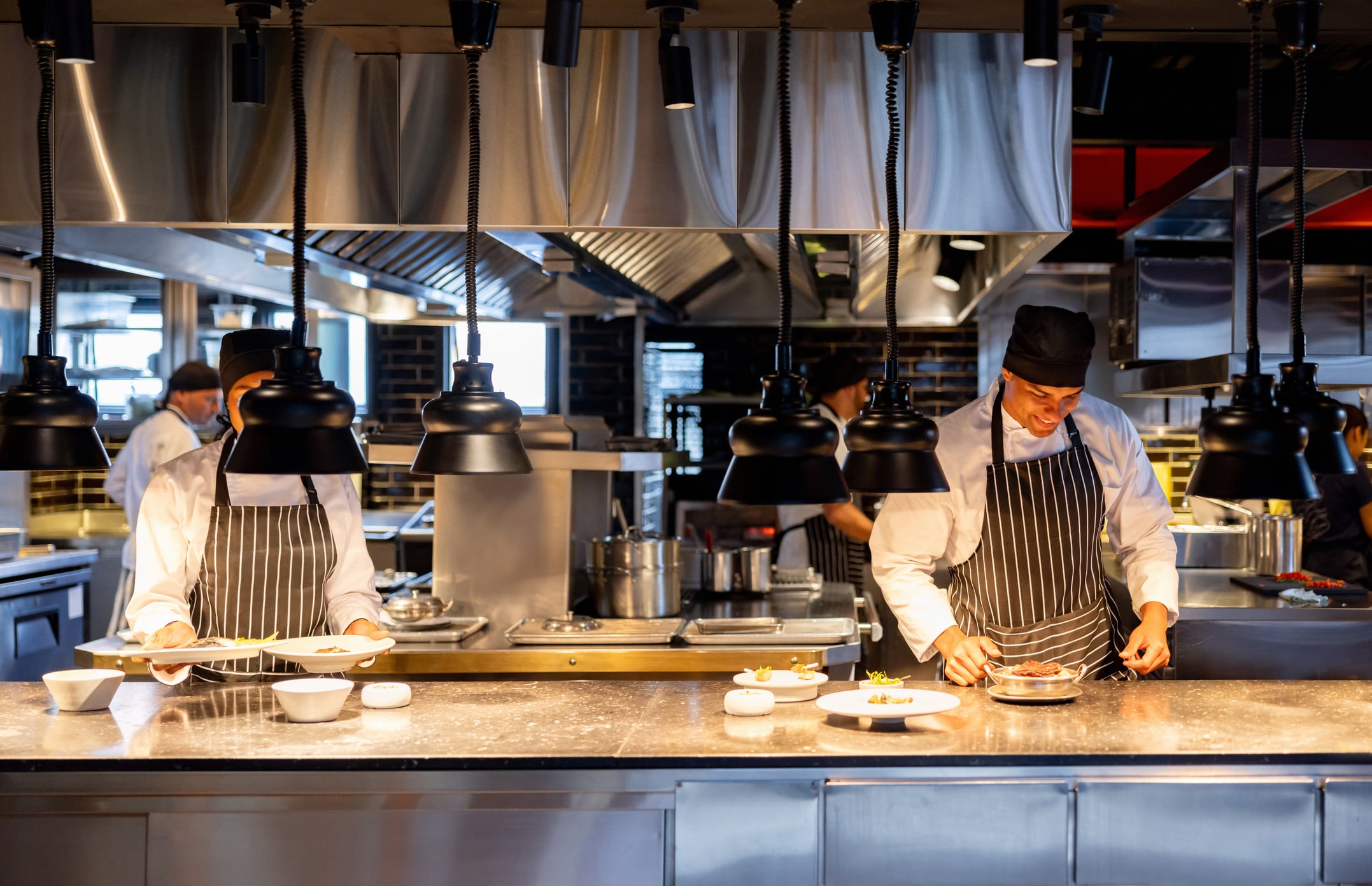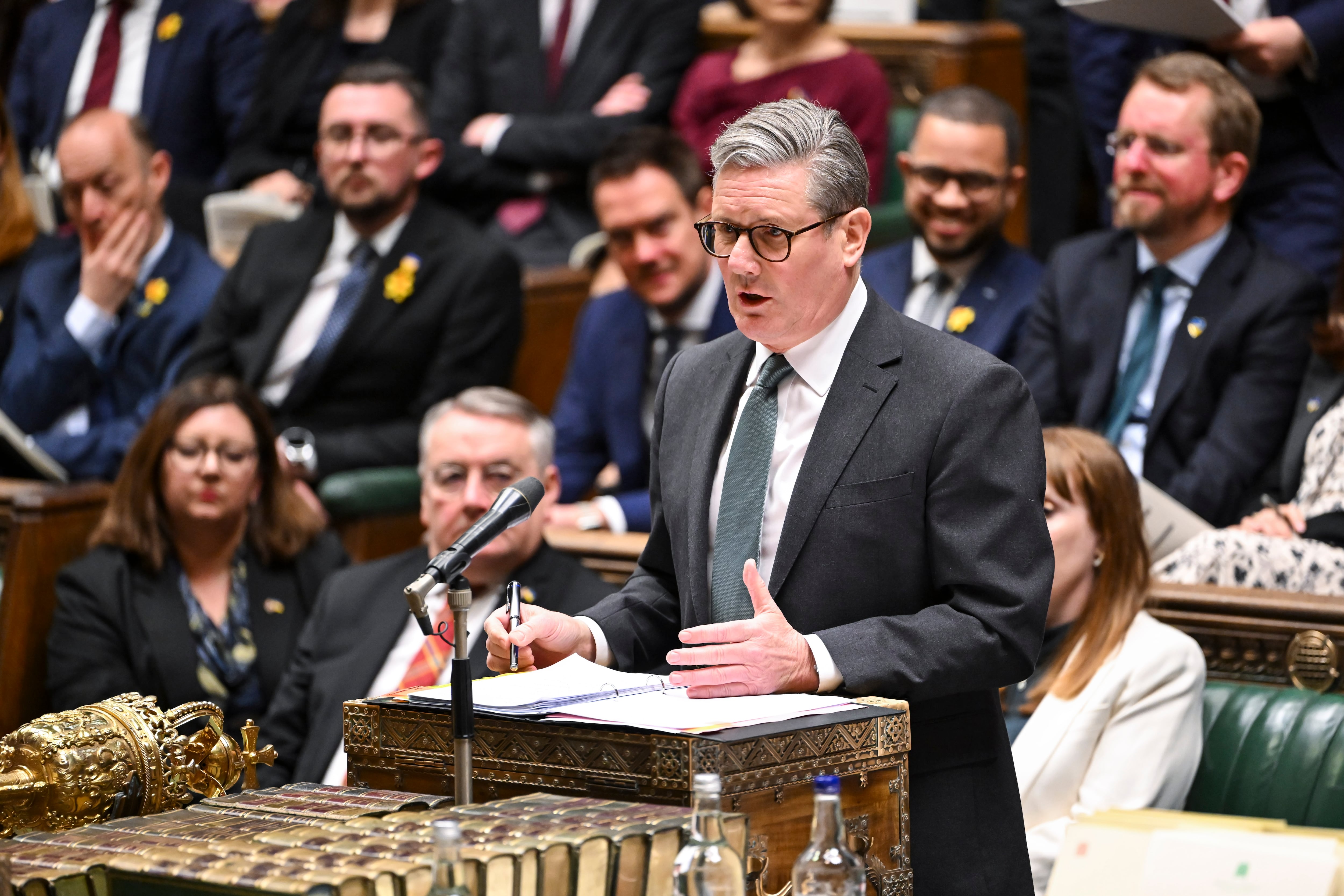The new immigration policy, which came into force on 22 July 2025, increased the skills level required for most job roles. More than 100 occupations are no longer granted access to the immigration system.
These changes represent a fundamental shift in the UK’s approach to immigration and focuses on higher skills, lower numbers and tighter controls.
Staff must now be skilled to RQF Level 6 or above to qualify for the Skilled Worker route. This reverses the 2020 decision to reduce the skill threshold to RQF Level 3, which had been intended to support businesses following the end of free movement.
Increased costs
As a result, many lower-skilled roles are no longer be eligible for sponsorship unless they appear on the Immigration Salary List or the new Temporary Shortage List.
Chefs and publicans are both not on either list meaning they cannot be sponsored by employers.
Trade association UKHospitality (UKH) called for a skills strategy to support the hospitality sector. It has also raised concern about its implementation against a backdrop of £3bn in employment costs for the sector.
UKH chair Kate Nicholls said: “We understand the Government’s intention to reduce migration, which comes on the back of additional restraints on hospitality last year.
Skills strategy
She added: “When imposing these restrictions, the Government has to bring forward an employment and skills strategy to further drive domestic recruitment.
“Hospitality recruits more than three-quarters of its workforce from within the UK and measures like apprenticeship levy reform, the introduction of foundational apprenticeships and investment in pre-employment training can allow us to go even further.”
Under the rules occupations on the temporary shortage list will no longer be able to bring dependants and will not be permitted salary and visa fee discounts.
When the plans were announced Home Secretary Yvette Cooper said the reset was to restore proper control and order.




